Recent scientific research reveals concerning news about Antarctica’s future. A massive swirling vortex of ocean water surrounding the continent is becoming faster and more dangerous. This vortex, known as the Antarctic Circumpolar Current (ACC), surpasses the combined volume of all the world’s rivers. But why is this happening?

The culprit behind this troubling development is none other than climate change. A new study analyzing 5.3 million years of the Antarctic ocean vortex’s behavior points to human-induced climate change as the cause. Scientists gathered sediment cores from remote areas to reach this conclusion.

The ACC, or Antarctic Circumpolar Current, slows down during cooler periods like Ice Ages and speeds up during warmer periods, such as the current era of global warming. Columbia University researchers express concern that the increasing speed of the vortex contributes to rising global sea levels by accelerating Antarctica’s ice melt. Much like a spoon stirring a glass of water with ice cubes.
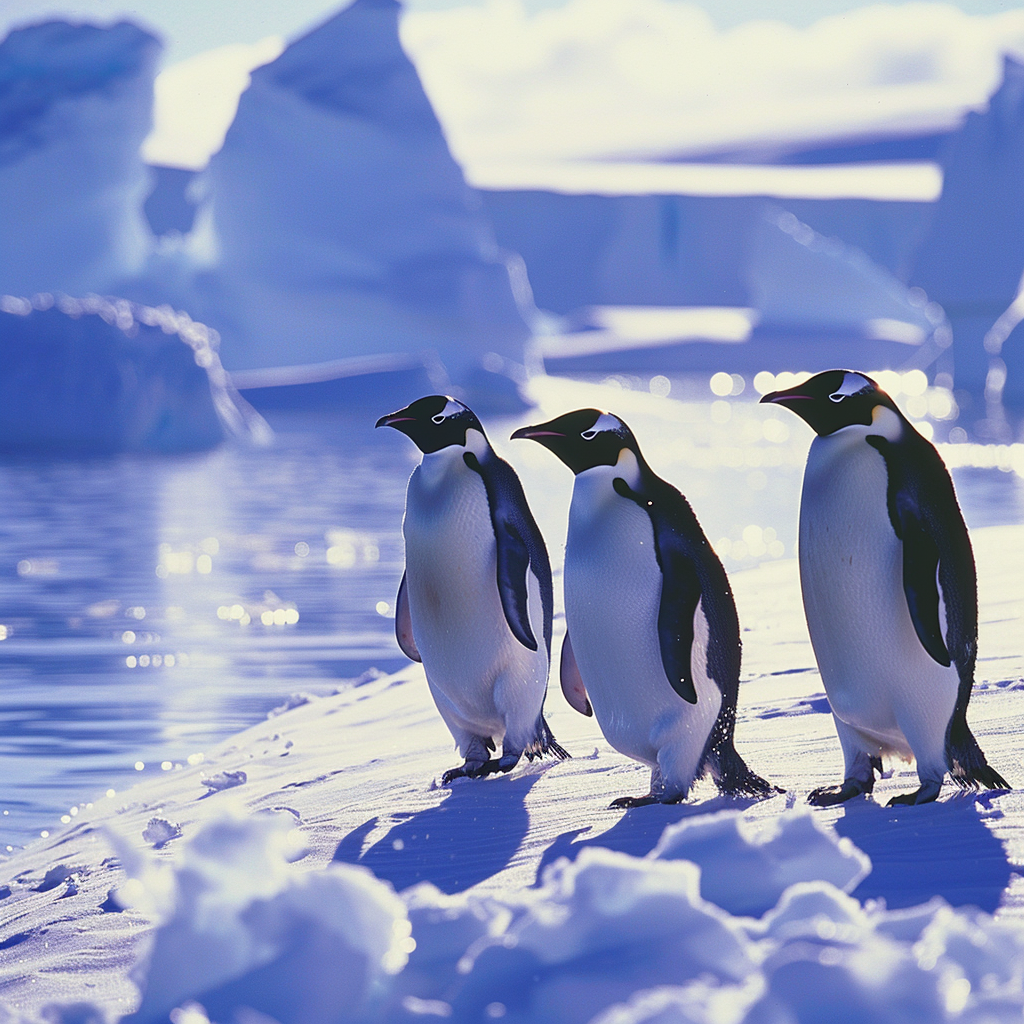
Dr. Gisela Winckler from Columbia’s Lamont-Doherty Earth Observatory describes the ACC as the mightiest and fastest current on the planet, crucial to Earth’s climate system. This research establishes a mathematical link between Antarctic ice and the ACC’s flow rate, a scenario observable today due to global warming.
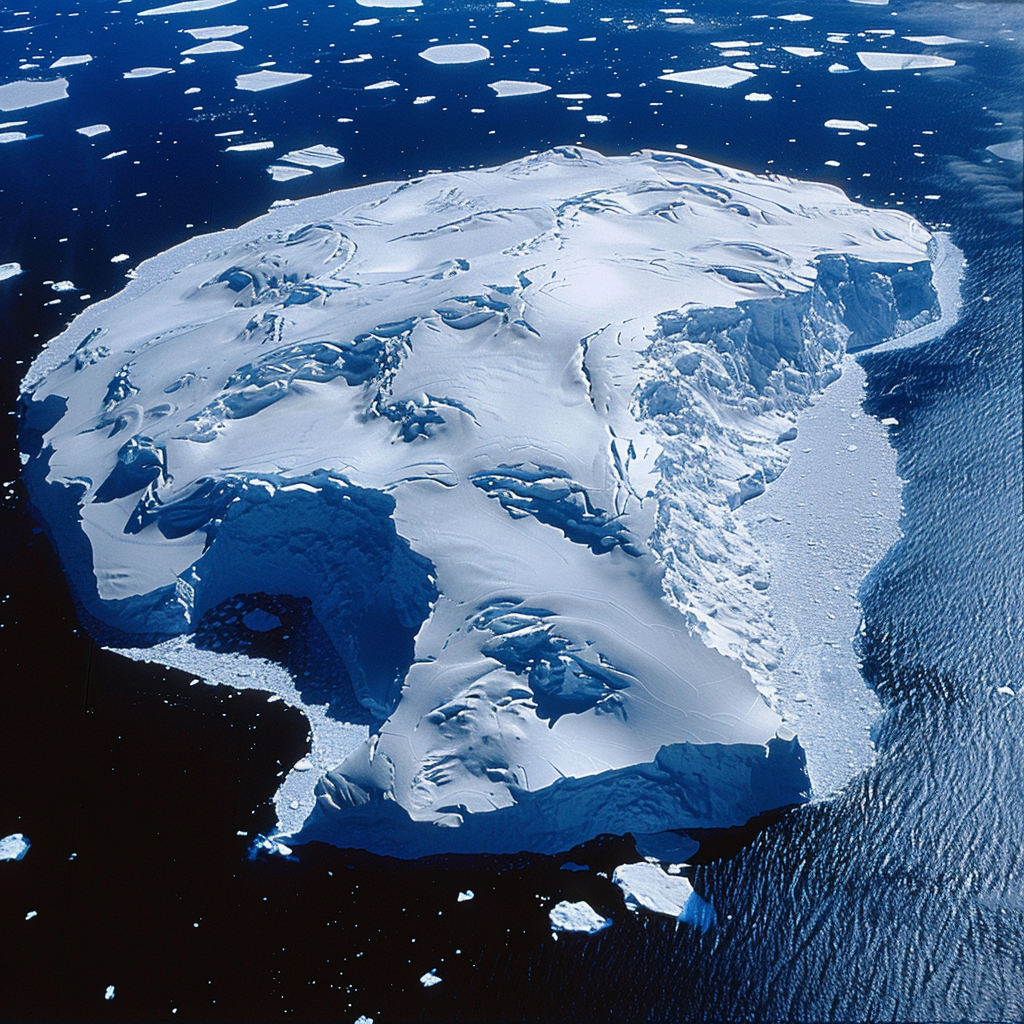
The ACC, influenced by westerly winds, encircles Antarctica clockwise at an average speed of 2.5 miles per hour, carrying an immense volume of water each second. This current’s origins trace back millions of years when Antarctica separated from Australia due to tectonic plate movements.
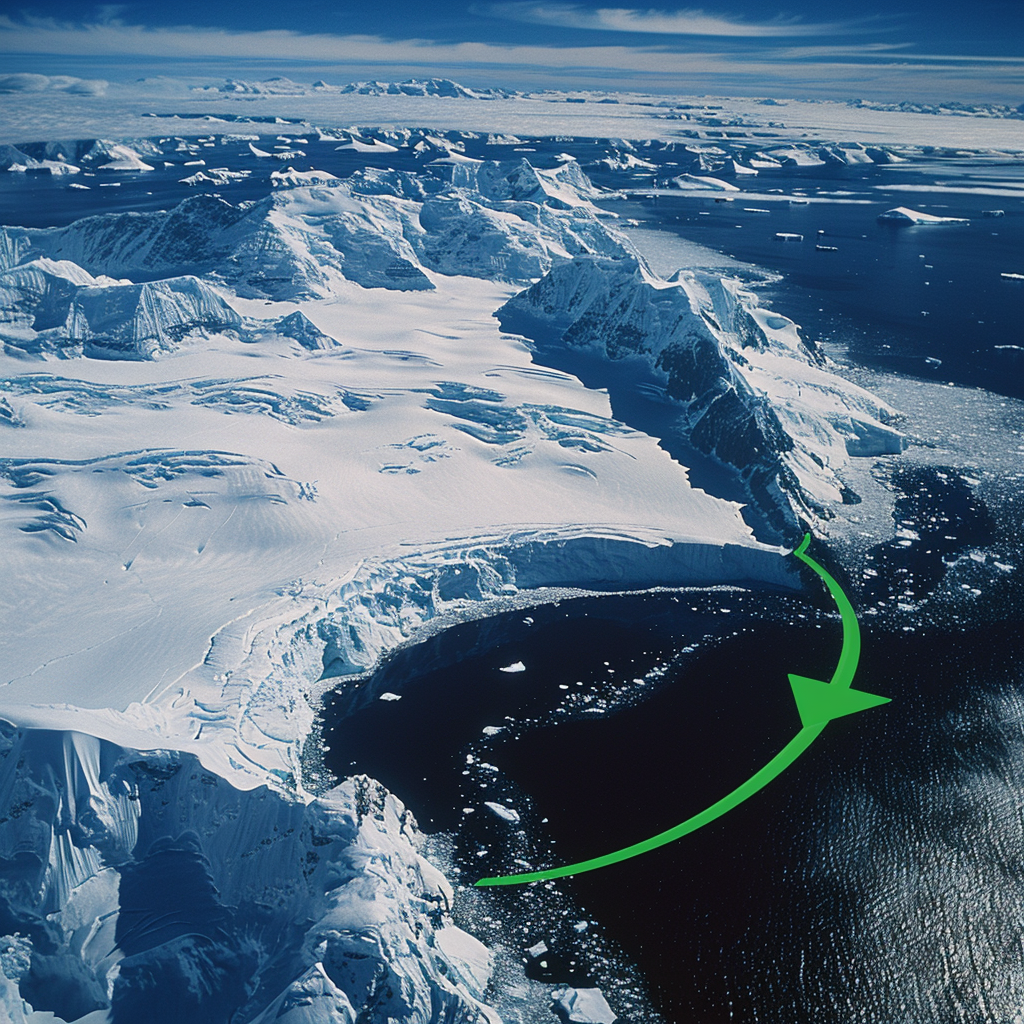
The current trend of the ACC’s acceleration is estimated to have begun around 12-14 million years ago. A recent study published in Nature involved 40 scientists from 12 countries. They sailed on a research vessel to retrieve sediment samples from the ocean floor during a two-month expedition in 2019 near Point Nemo, the most remote place on Earth.
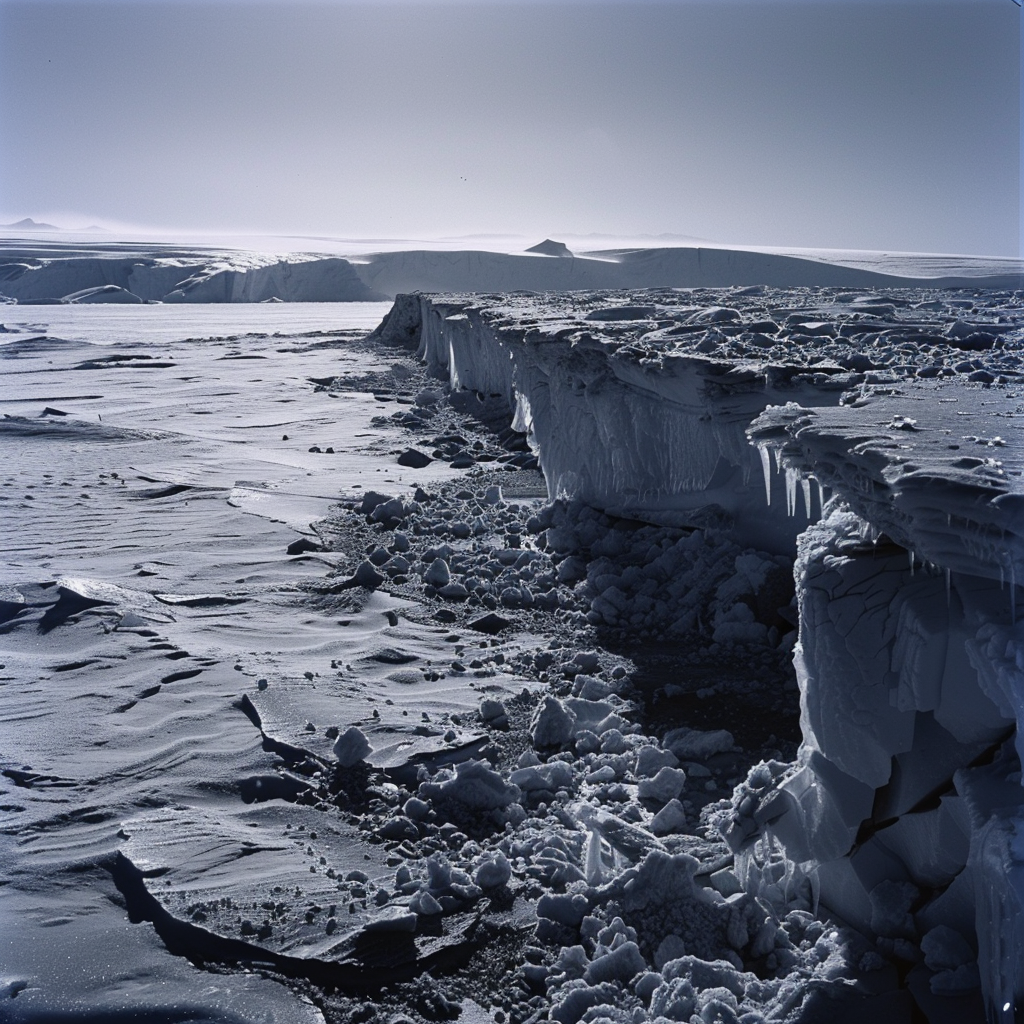
Advanced X-ray techniques allowed scientists to analyze sediment particle size changes. Smaller particles settled more during slower current periods, while larger particles sank during faster ACC currents. These changes matched known shifts in Earth’s climate over various eras.
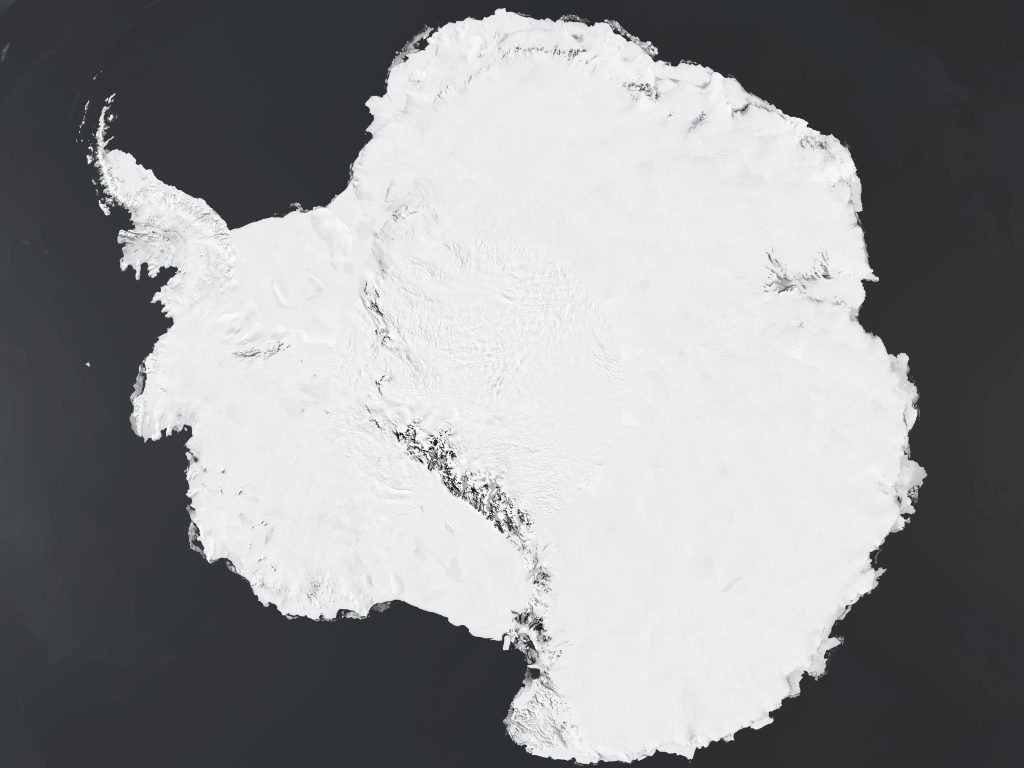
The study’s findings also align with observations of the West Antarctic Ice Sheet. Dr. Frank Lamy, the lead author from Germany’s Alfred Wegener Institute, notes that the ice loss in Antarctica correlates with increased heat transport southward due to faster ACC flow.

The research underscores the critical interplay between the Antarctic Circumpolar Current and global climate. It highlights the profound impact of human-induced climate change on Antarctica’s delicate ecosystem and its implications for sea-level rise.
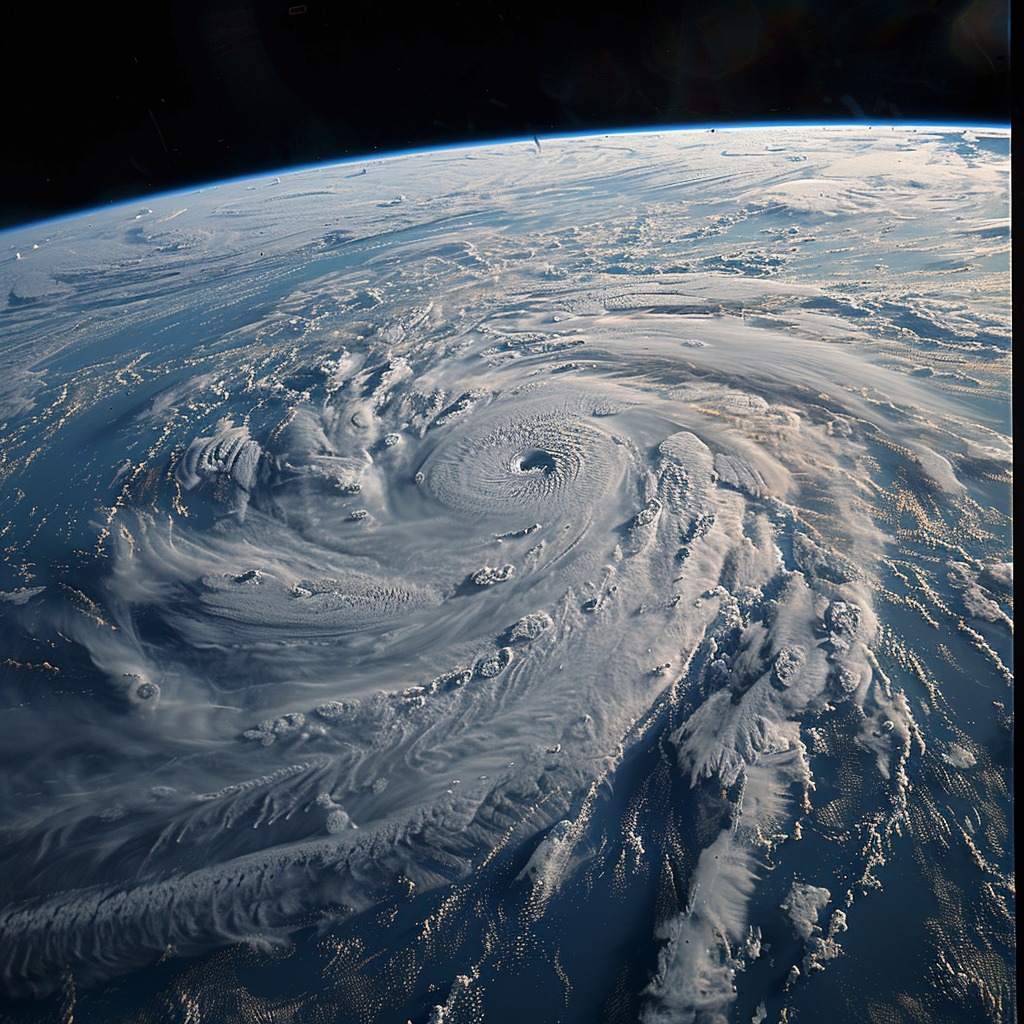
Understanding the dynamics of the Antarctic ocean vortex is vital for predicting future climate scenarios and implementing measures to mitigate the effects of climate change on Antarctica and the broader global environment.





